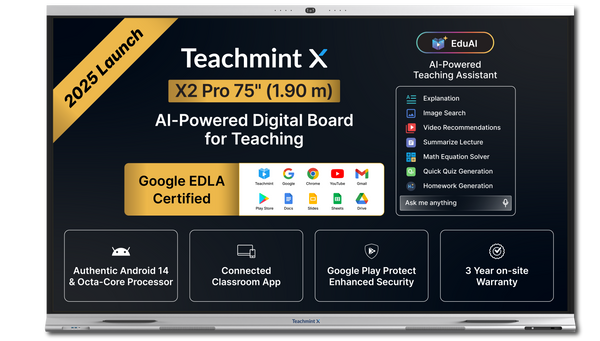In a world where screens are everywhere, digital signage has become a vital tool for modern businesses. Whether you run a retail store, manage a corporate campus, or operate a network of quick-service restaurants, having the right digital signage supplier can mean the difference between a system that works and one that frustrates.
This Q&A-style guide will walk you through the key questions every business should ask before selecting a supplier, so you can make an informed, future-ready choice.
What Does a Digital Signage Supplier Offer?
A professional digital signage supplier goes beyond just selling screens. The right supplier provides:
- Commercial-grade display hardware (from basic monitors to LED video walls)
- User-friendly content management software
- Installation and configuration services
- Technical support and hardware warranties
- Scalable packages to fit businesses of all sizes
Top-tier suppliers also assist with planning, design, and integrating third-party tools or APIs if needed.
How Do They Differ From Installers or Resellers?
Installers handle setup. Resellers may just offer displays. But a true digital signage supplier acts as a strategic partner—providing the full ecosystem of hardware, software, services, and support.
They also understand how different industries use signage and can tailor solutions accordingly.
What Should You Look For?
Before signing any agreement, consider these essentials:
- Do they have experience with businesses like yours?
- Can the software scale with your needs over time?
- Is their support team responsive and technically strong?
- Do they offer creative help or templates for your content?
- Are their displays built for 24/7 commercial use?
Don’t settle for a one-size-fits-all vendor. Look for a partner that wants to understand your business goals.
Do You Have to Buy the Screens from Them?
Not always. If you already have compatible displays, many suppliers can integrate your hardware with their software platform. However, getting everything from a single provider often makes setup and troubleshooting easier, especially when issues arise.
How Much Will It Cost?
Pricing varies depending on:
- Number of displays
- Screen types (standard, touch, video wall, outdoor, etc.)
- Software licensing model (subscription vs. perpetual)
- Installation complexity
- Ongoing service needs
Basic systems may start under $2,000, while more advanced enterprise networks could cost significantly more. The key is to choose a setup that fits your needs today and can grow with you tomorrow.
Will They Help With Content Too?
Some suppliers go beyond the technical setup and offer creative support. This might include:
- Branding assistance
- Scheduled playlists and dynamic content feeds
- Data integrations (for weather, social media, KPIs, etc.)
- Training your team to manage content in-house
If your team isn’t experienced in creating digital signage content, choosing a supplier that offers creative services can be a huge value add.
Where Is Digital Signage Most Useful?
Almost every public-facing or employee-facing business can benefit. For example:
- Retail stores display promotions, product info, or flash sales
- Hospitals share safety info, directories, or wait times
- Offices use signage for internal communication and real-time dashboards
- Campuses show alerts, event info, or news tickers
- Restaurants run digital menus and dynamic pricing updates
The versatility of signage makes it effective for communication, branding, and even real-time operations.
Conclusion
Choosing the right digital signage supplier isn’t just about the technology—it’s about finding a partner who understands your business and can help you communicate better, smarter, and more visually.
Ask the right questions, compare your options, and don’t just think about what you need today—think about where your business will be in the next three to five years.





